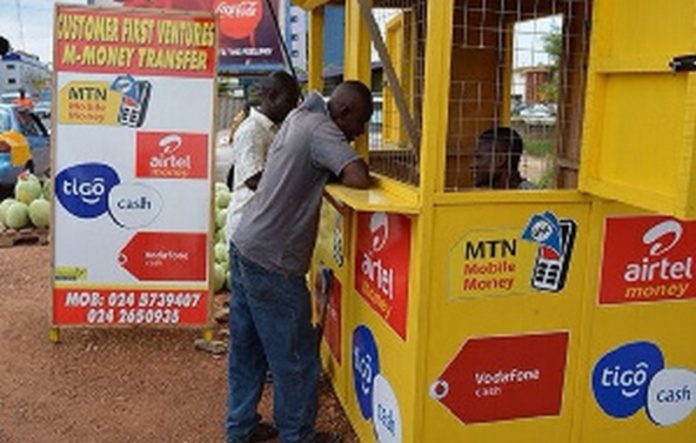Member of the New Patriotic Party (NPP), Razak Kojo Opoku, has stated that Vice President Dr Mahamudu Bawumia was right when he stated that government will not impose e-levies for the poor and vulnerable in society.
“Dr Bawumia is not far from reality. Most of the users of Mobile Money transactions are poor people below the income of $10 per day. This perhaps informed government’s decision to only consider excluding all transactions that add up to GHS 100 or less per day which is approximately GHS 3,000 per month,” he said.
Speaking to the Ghana News Agency after the Presentation of the budget, Mr Opoku said in the opinion of Dr Bawumia there was no need to put more taxes on Mobile Money so that poor people could be protected.
“However, the collective decision of government was to tax Mobile Money service with a Pro-Poor Approach in order to be in tandem with the position of the Vice-President Dr Bawumia. Therefore, the poor and the vulnerable are exempted from the payment of the 1.75 per cent tax on the Mobile Money Service,” he said.
He said poor and vulnerable people who receive mobile money are exempted from the payment of the 1.75 per cent of the e-levy since they are mostly recipients and not senders.
“The mobile money transactions of poor and vulnerable people can never exceed GHC 3,000 per month if indeed we would be sincere to ourselves and not distort facts with propaganda,” he said.
Mr Opoku urged Ghanaians to be more concerned about laudable projects that 1.75 per cent of e-levy was going to be used for especially in youth employment, entrepreneurship, cyber security, road, and digital infrastructure.
“The position of Dr Bawumia was factored and considered by government before the introduction of the 1.75 per cent e-levy, and Dr. Bawumia’s opinion was perfectly achieved since government decided to exclude transactions that add up to GHC 100 or less per day, which is approximately GHS 3,000 per month, and clearly, this is the range or bracket the poor and the vulnerable largely find themselves in,” he added.

